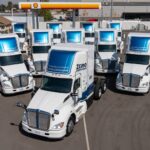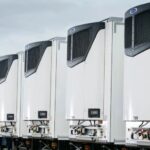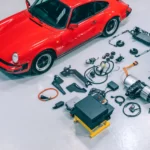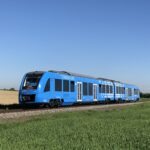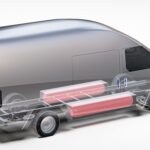
The collaboration between Viritech, a developer of high-performance hydrogen powertrain solutions for the automotive industry, and Haydale, a specialist in graphene-enhanced nanomaterials, could help create new materials for ‘Type 5’ hydrogen storage tanks, providing a significant market opportunity that could help speed the adoption of hydrogen powered fuel cell powertrains, initially in commercial vehicles. Viritech … Continue reading Nanomaterials advance hydrogen storage for fuel cells

